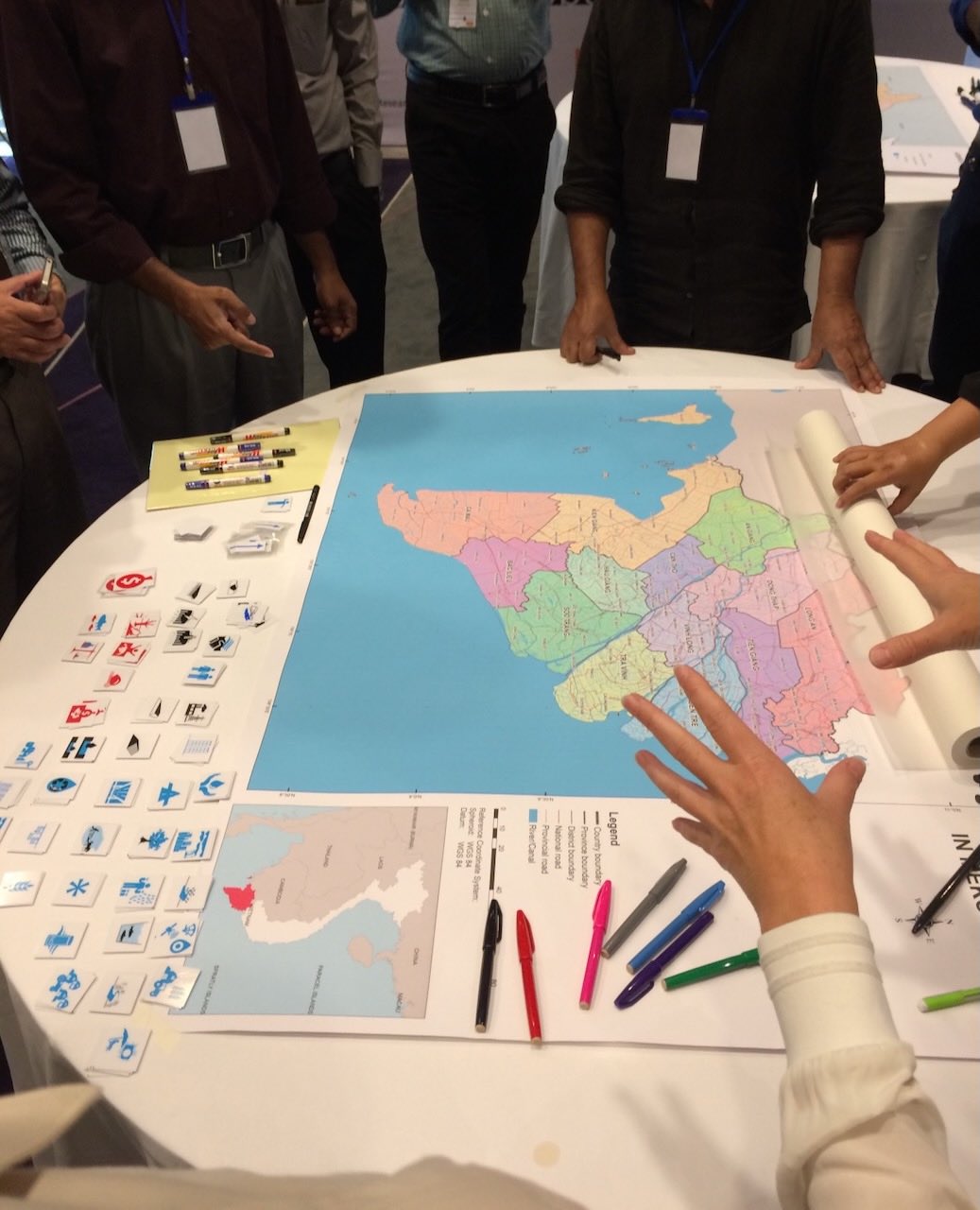
Anthropology, STS, and the Politics of Imagination in Navigating Socio-Environmental Change
“he climate crisis is also a crisis of culture, and thus of the imagination.” Amitav Ghosh, The Great Derangement: Climate Change and the Unthinkable (2015), p.9. “We are in an imagination battle.” Adrienne Maree Brown, Emergent Strategy: Shaping Change, Changing Worlds (2017), p.18. In late 2010, members of Dutch and Vietnamese planning delegations, sitting around conference room tables at a fancy hotel in Ho Chi Minh City, began work on what was to become the Mekong Delta Plan. The Dutch consultants depicted four quadrants divided by two axes, with climate change along one and economic growth along the other, which they deemed the two primary drivers of uncertainty facing the Mekong Delta region in the coming decades. The quadrants, they said, represented four “plausible future scenarios,” which could then be used to identify responsible investment and policy decisions in the present, regardless of whichever future were to unfold. This exercise, modeled on a similar set of quadrants used for climate adaptation planning by the Dutch in their own country, was central to the delta management approach being advanced by the Dutch participants. The “scenario planning methodology” is a strategic planning tool used to support policymaking under conditions of deep uncertainty, originally developed by former RAND Corporation strategist Herman Kahn and later refined by Royal Dutch Shell (Faubion 2019; Samimian-Darash 2021). In other words, it is an exercise in imagining possible futures, used to guide planning meant to enable adaptively navigating among unforeseen events. (read more...)
